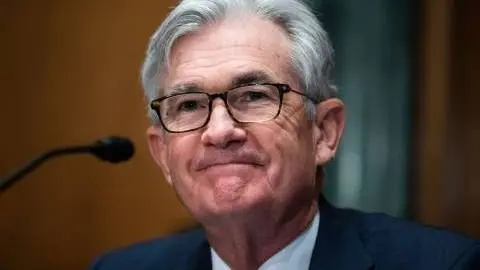Soft start to China’s new year raises hopes for policy support
Sentiment about China's economy remains downbeat heading into the Lunar New Year. And that's raising expectations for more policy support despite the country reaching its 2023 growth targets
Mission accomplished for 2023, but there are no guarantees for this year
Data over the past month confirmed that the Chinese economy grew by 5.2% YoY, exceeding the 5% growth target set at last year’s Two Sessions. Despite this, property sector struggles continue to weigh on sentiment. Market focus remains on negative headlines such as Evergrande's liquidation court order. However, there are still some positive signs, with several cities releasing the long-awaited real estate project "whitelists", which highlight high-quality projects for which banks can provide financing support.
Early indications are that while the economy has stabilised in recent months, momentum remains soft right now. Our first look at China’s 2024 activity data was the January manufacturing PMI, which came in at 49.2, slightly below expectations. At least it was trending in the right direction with a smaller contraction than December. The Chinese manufacturing sector remains under pressure amid a weak domestic recovery and poor external demand. The manufacturing PMI has been under 50 for nine of the past ten months.
With a less favourable base effect, repeating 5% growth in 2024 will be more challenging.
Policy direction remained supportive to start the year
Growth stabilisation has been the key theme for policymakers in the last few months, and we saw many piecemeal supportive policies released on a provincial and national level. Some of the highlights include discussions of a market stabilisation fund and the continued rollout of property market policies such as city-level project whitelists.
While the People's Bank of China refrained from cutting rates in January, it did announce a 50bp Reserve Requirement Ratio cut to take effect from 5 February. It was the largest since 2021 and provides, in theory, up to RMB1tn of liquidity to markets. The PBOC also broadened access to commercial loans for property developers by allowing bank loans pledged against developers’ commercial properties to be used to repay other loans and bonds until the end of the year. It also cut the refinancing and rediscount rates for rural and micro-loans by 0.25ppt to 1.75%.
Two Sessions will set China's official annual growth targets
Markets await the Two Sessions to set the tone for 2024
Soon after the Lunar New Year, the Chinese government will hold its annual Two Sessions, which refer to the plenary sessions of the National People's Congress (NPC) and the Chinese People's Political Consultative Conference (CPPCC). They're typically the most important policy meetings of the year and will start on March 4-5.
There is a higher-than-usual level of uncertainty this year, as the Third Plenary Session was postponed; it's traditionally a fourth-quarter meeting where the economy is the main focus and various reforms and new measures are announced. So, the upcoming meetings will be highly scrutinised for any new policy signals.
In terms of economic targets, we feel it is unlikely we will see major movements in targets. Premier Li Qiang’s comments at Davos and the provincial level 2024 GDP targets indicate that the country-level GDP target will likely be “around 5%” again in 2024. The fiscal deficit to GDP target is worth watching as a potential signal for stronger fiscal policy support this year. We expect this target to be lifted from 3% to 3.5% of GDP in 2024, though an unchanged target does not preclude the government from more stimulus as it may use special bonds to finance necessary projects.
This publication has been prepared by ING solely for information purposes irrespective of a particular user's means, financial situation or investment objectives. The information does not constitute investment recommendation, and nor is it investment, legal or tax advice or an offer or solicitation to purchase or sell any financial instrument. Read more
Download
Download article
8 February 2024
ING Monthly: Reasons to be cheerful, Part 3 This bundle contains 14 Articles